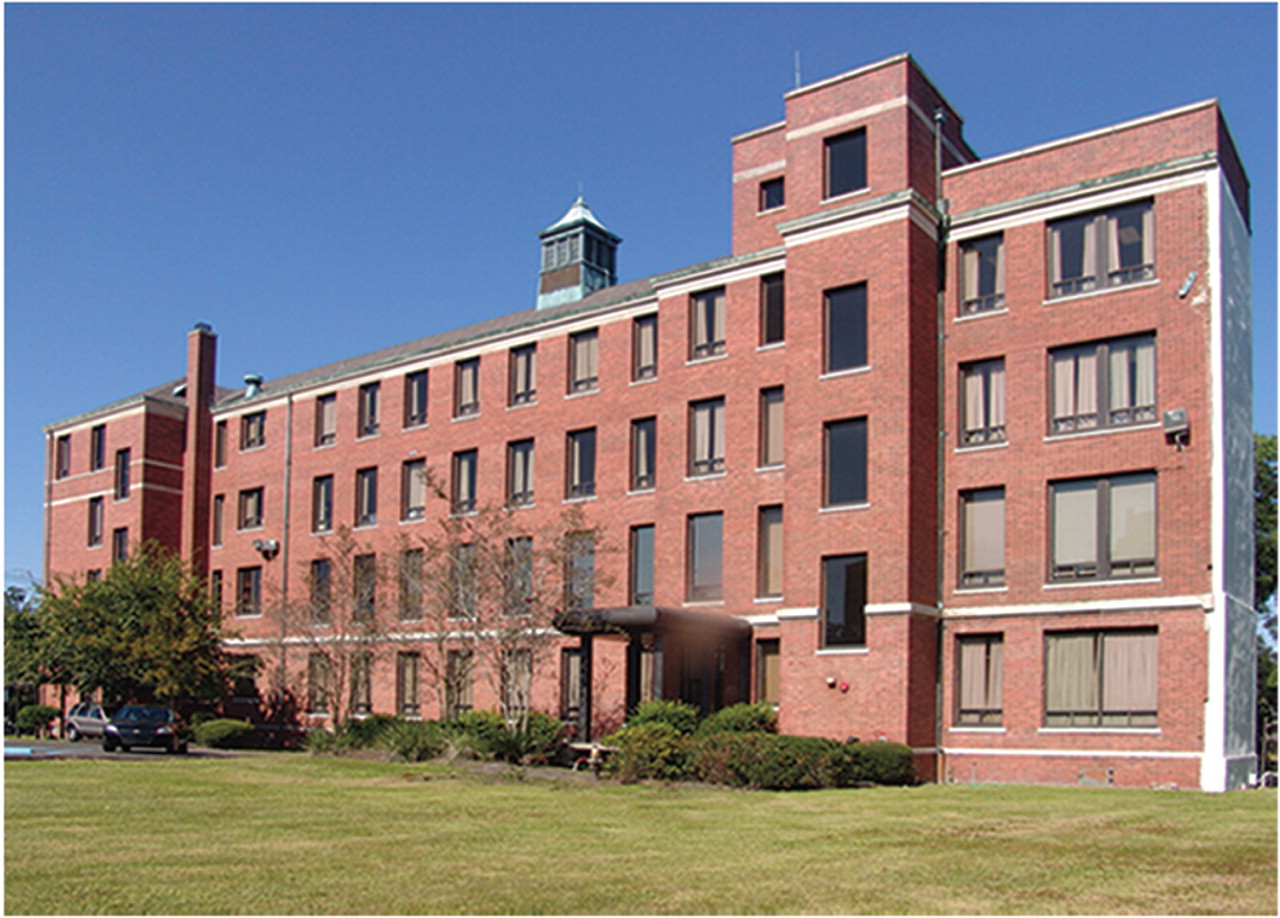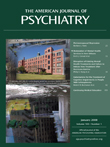Hurricane Katrina devastated New Orleans on Aug. 29, 2005. On September 2, the last remaining patients were evacuated from the
Medical Center of Louisiana in New Orleans after 5 grueling days of fear and misery. Patients from the acute inpatient psychiatric services stood in orderly lines in the main lobby of Charity Hospital, waiting to board military trucks that had backed up to the front steps
(1) .
Two years later, Charity Hospital, with its 92 psychiatric beds, remains closed. The Medical Center of Louisiana in New Orleans now directs medical and surgical treatment from its smaller sister facility, Louisiana State University Interim Hospital, formerly the University Hospital. Psychiatric consultation and emergency services have been present since the opening of the Louisiana State University Interim Hospital in November of 2006. Even to this day, during an emergency room or general hospital consultation, it is not uncommon to discover that an acutely psychotic patient has not seen his psychiatrist since the storm and has been living in an abandoned, flood-damaged home in a sparsely populated area of town. Others, overwhelmed by the struggle to rebuild a life with the loss of property, income, or loved ones, find themselves physically and mentally exhausted.
Comprehensive psychiatric services are planned for Louisiana State University’s new teaching hospital, expected to open in 2011. Today, the region lacks most of its prestorm inpatient psychiatric beds, even though the population has not only returned but has demonstrated persistently elevated rates of mental illness
(2) .
However, progress is being made in the restoration of mental health services. In September of 2007, the Louisiana State University Interim Hospital opened new psychiatric inpatient units in uptown New Orleans in a leased building on the campus of the former DePaul Hospital. Louisiana State University’s units are in the iconic Seton Building—with its copper cupola, enormous windows, and long, wide hallways—providing general adult, co-occurring, and geriatric programs. We hope to provide approximately 40 beds, which is an exceptionally positive development in a city that, as of this writing, has less than a third of its former psychiatric inpatient capacity. At Louisiana State University–DePaul, we are again working with faculty from the Tulane Department of Psychiatry and Neurology, our partners at Charity Hospital for many years.
We are addressing other critical needs as well. The Louisiana State University Interim Hospital has created an emergency department extension for psychiatry patients, treating more than 200 patients monthly. The Louisiana State University psychiatry outpatient clinics returned very early, in October of 2005, while much of the city was under mandatory quarantine. Recent federal grants have allowed us to expand both our office space and scope of service, including culturally diverse programs for patients of all ages and comorbidity.
Both the Louisiana State University Health Sciences Center and Tulane University Health Sciences Center have withstood great challenges and demonstrated tremendous resiliency to be present in New Orleans today to provide psychiatric services (
3 –
5 ). That we are here at all is remarkable, and it is our institutions’ mission and privilege to address New Orleans’ mental health needs while educating future physicians. Nearly destroyed, New Orleans continues to fight to rebuild, and psychiatric care is vital to its continued recovery.


